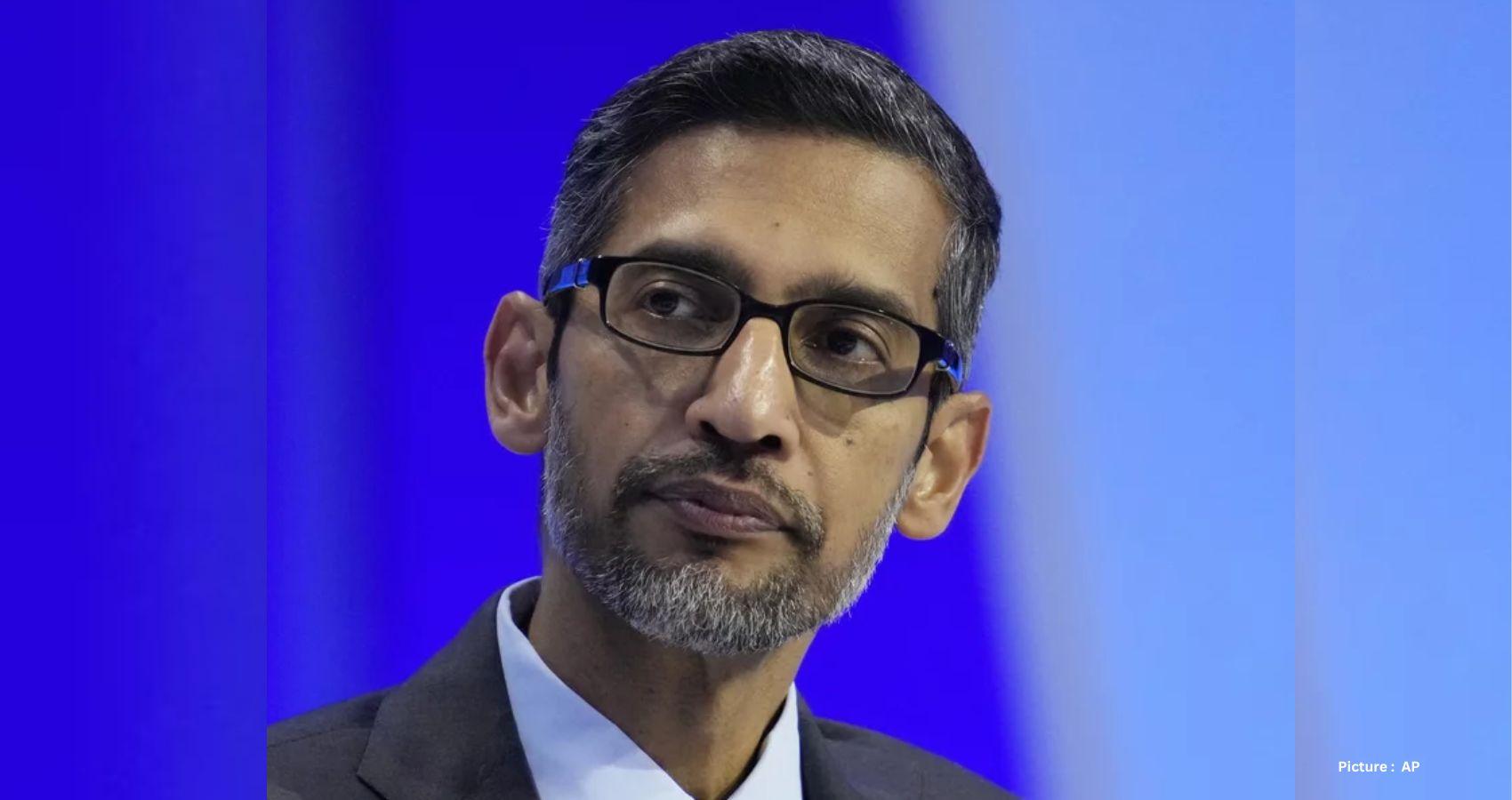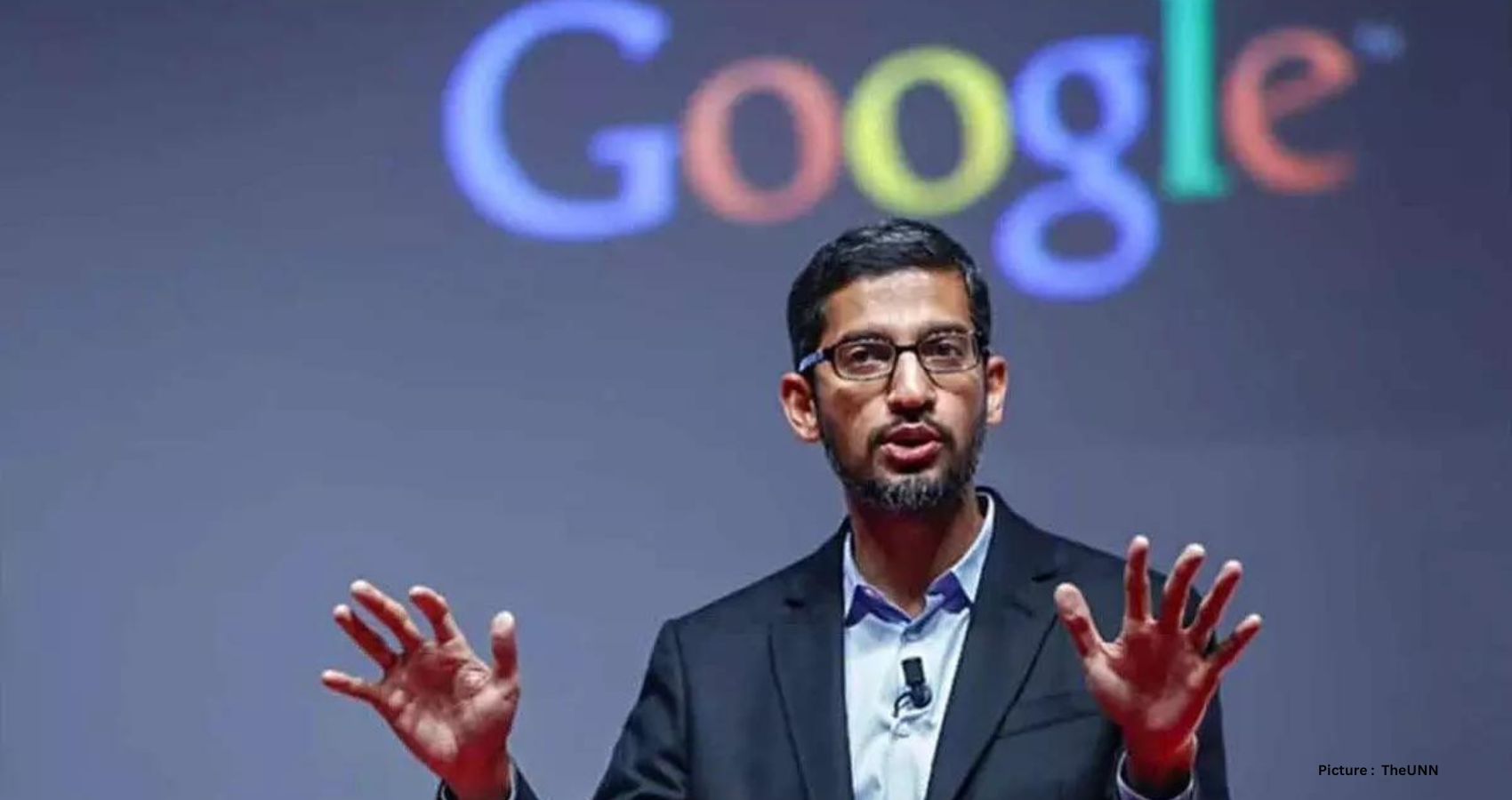Google CEO Sundar Pichai conveyed to staff through an internal memorandum on Tuesday evening that the company’s rollout of the artificial intelligence tool Gemini had fallen short, committing to rectify and reintroduce the service in the forthcoming weeks.
The decision to halt Gemini’s image generation function came after widespread sharing on social media of certain outcomes, such as portrayals of America’s Founding Fathers as black, the Pope as a woman, and a Nazi-era German soldier with dark skin. This move sparked a backlash, particularly among conservative commentators, who criticized Google for what they perceived as anti-white bias.
Acknowledging the discontent among users, Pichai emphasized the unacceptable nature of the tool’s performance in a message reviewed by NPR, stating, “I know that some of its responses have offended our users and shown bias — to be clear, that’s completely unacceptable and we got it wrong.” He outlined a series of measures to address the issue, including structural adjustments, revised product guidelines, enhanced launch processes, thorough evaluations, and technical recommendations.
In a blog post released on Friday, Google attributed the missteps of Gemini to a “fine-tuning” error during its development phase. The aim was to create diverse images, ensuring the tool catered to a global audience. However, as explained by Google executive Prabhakar Raghavan, the AI service faltered by misinterpreting certain prompts and becoming overly cautious over time.
Raghavan clarified that the intention was to counteract biased and stereotypical images commonly found in datasets, such as the overrepresentation of white individuals or the portrayal of certain professions as predominantly male. Despite these efforts, Google found itself ensnared in another controversy, this time concerning accuracy and historical representation.
Aside from its image generation function, Gemini also serves as an AI chatbot, akin to OpenAI’s ChatGPT. However, its text-generating capabilities faced scrutiny after some of its responses went viral online. Notably, a response regarding the comparative harm caused by libertarians and Stalin drew attention, prompting adjustments to provide more accurate information.
Reflecting on the challenges encountered, Pichai acknowledged in his communication with Google employees that perfection remains elusive in the realm of AI technology. He expressed a commitment to improving Gemini upon its relaunch, recognizing the high expectations set for the company in this evolving industry.
Pichai’s remarks underscored the broader context of technological advancement in the AI sector, with major companies like Google racing to develop and deploy their own iterations of large language models. Despite the setbacks experienced along the way, Pichai remained resolute in his determination to meet the demands of this competitive landscape.
While Google’s foray into AI technology has faced notable setbacks and criticisms, Pichai’s assurances to address these issues reflect the company’s ongoing commitment to innovation and improvement in this burgeoning field.


